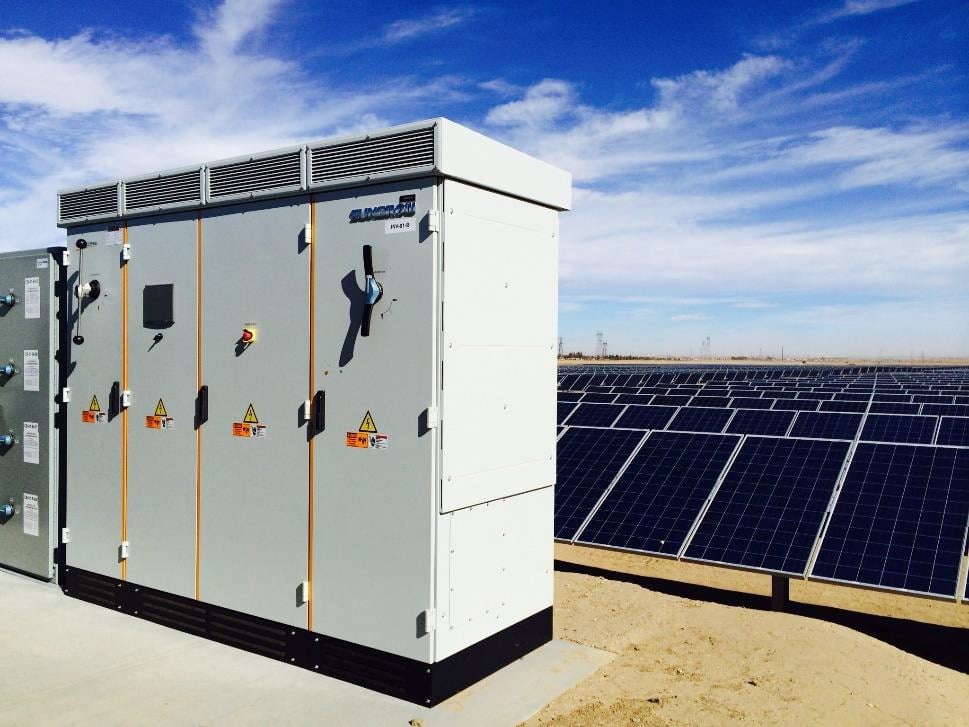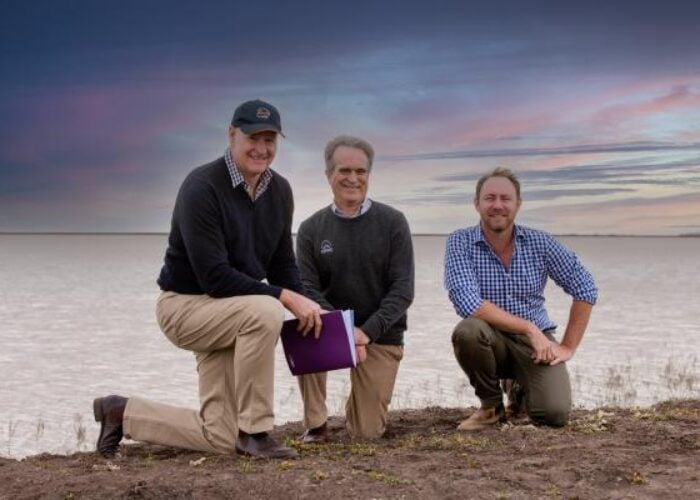
Aquila renewable fund raises €154.3m at stock market debut
31 May: Germany’s Aquila Capital has gone ahead with plans to list a new fund on the London stock exchange, bagging an initial €154.3 million (US$172 million) for renewable plays.
Unlock unlimited access for 12 whole months of distinctive global analysis
Photovoltaics International is now included.
- Regular insight and analysis of the industry’s biggest developments
- In-depth interviews with the industry’s leading figures
- Unlimited digital access to the PV Tech Power journal catalogue
- Unlimited digital access to the Photovoltaics International journal catalogue
- Access to more than 1,000 technical papers
- Discounts on Solar Media’s portfolio of events, in-person and virtual
The IPO launch on 31 May fires the starting pistol for an investment vehicle that will buy solar PV, wind, hydro plants but also non-generation projects, including battery storage.
With plans to raise €300 million (US$337 million) overall, the Aquila European Renewables Income Fund will target projects in Continental Europe and Ireland.
Ian Nolan, who chairs the fund for Aquila, said the firm is “extremely pleased” about the €154.3 million debut given what he described as a “challenging political and economic environment”.
Aquila, the Hamburg-headquartered owner of a 775MW PV portfolio, claims the fund has already set its sights on potential renewable deals in Iberia and Scandinavia.
Sungrow, Solare Datensysteme to combine offerings in Europe
28 May: Sungrow and Solare Datensysteme have signed off on a deal to provide their combined services to clients across key European markets.
The inverter supplier and PV monitoring specialist will offer customers in Italy, France, Germany, Spain and the Netherlands a joint five-year licence.
The deal frees Sungrow customers to access the Solar-Log suite – a range of devices used to track the performance of inverters – as well as the Solar-Log WEB Enerest, a real-time online portal.
Forced by a slowdown in China to revise Q1 profits downwards, Sungrow has witnessed an otherwise solid start of 2019, boosting revenues even as it inked various supply contracts.
Duke Energy snaps up juwi’s 60MW Colorado project
30 May: Duke Energy Renewables has bagged its second solar project in Colorado, opting again to acquire an asset from developer juwi.
The firm has come to own over 70MW in the US state after purchasing juwi’s 60MW Palmer Solar, almost two years after it turned to the same seller for a first 13MW takeover.
The new 200,000-panel acquisition, which juwi will build in El Paso County, is expected to generate enough power to cover the needs of 19,000 homes.
Under a 20-year PPA, the electricity will be delivered to customers of Colorado Springs Utilities, which said this week it wants to tap into the “economic and environmental” benefits of solar.
Voltalia to build plant set to top Eastern Africa’s PV roster
30 May: Voltalia has secured an EPC and O&M contract for what is being described as one of Eastern Africa’s largest PV projects to date.
The renewable firm was recently picked by IPP Alten Energias Renovables to build and manage a 55MW solar farm near Eldoret, a city in Kenya’s Rift Valley.
Voltalia, the winner of a competitive process, will aim to take the plant to the commissioning stage by the end of 2020 and will then oversee maintenance for the following decade.
The Kenyan contract is Voltalia’s second in the space of a year. In May 2018, the firm was chosen to deliver the 50MW Kopere PV plant in Nandi County, with plans to start building in late 2019.
Distributed solar-plus-storage touted for Aussie rural customers
30 May: Solar and storage micro-grids would better serve Australia’s rural communities than “old-fashioned” grid-linked systems, according to the country’s Energy Market Commission (AEMC).
The body, who advises Australia’s governments over policy matters, said distributed solar PV and storage batteries would deliver cheaper, more reliable power to remote consumers.
Moving beyond “old-fashioned” centralisation would curb the need for expensive stringing poles and wires and provide “the same protections without paying any more,” said AEMC chief executive Anne Person.
The commission listed initiatives it said bolstered the case for off-grid systems. For instance, the AEMC said, the trialling of six PV systems in West Australia in 2016 had led to fewer outages.







